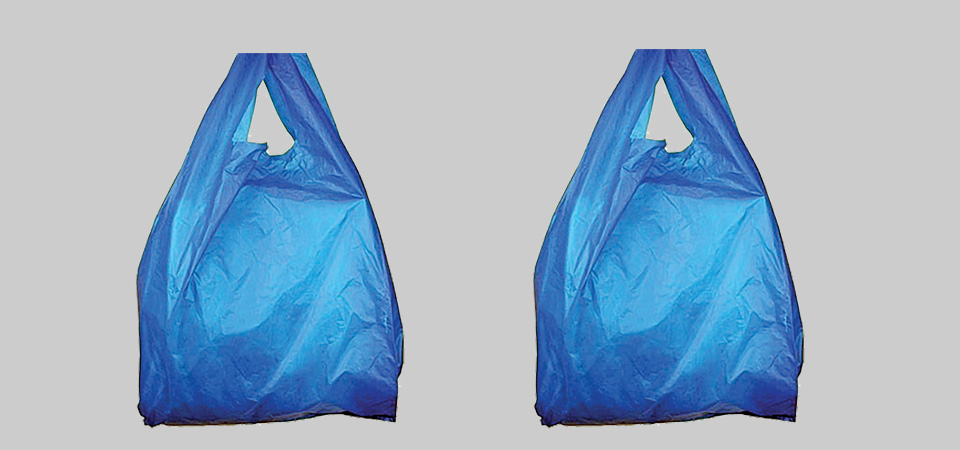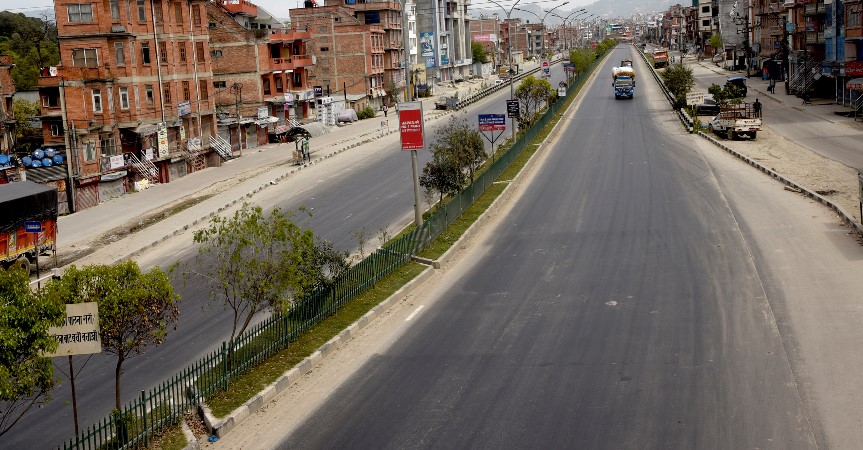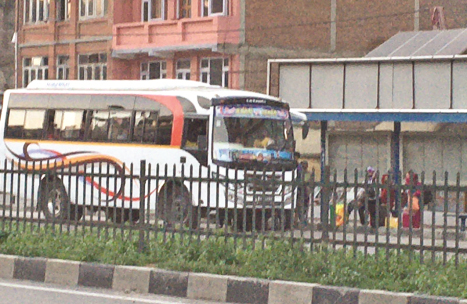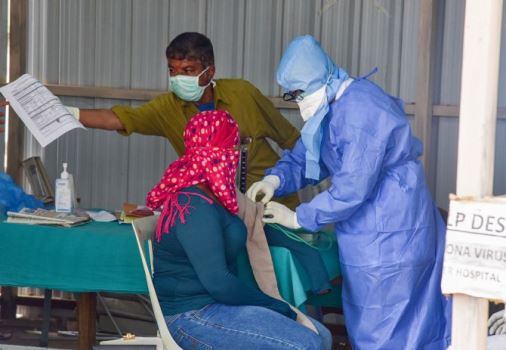Ban on use of plastic bags, an implementation issue

By Indira Aryal
Kathmandu, Sept. 26: Plastic bags are commonly used all around for carrying food items and clothes. Despite having adverse effects on the environment and public health, people are still using it to carry their daily essentials.
The government has imposed a complete ban on the production, import, sale and use of plastic bags with a thickness of fewer than 40 microns by publishing the notice in the Nepal Gazette on September 15.
The decision was made public by the Ministry of Forests and Environment on September 22 and said the provision shall be applicable throughout the country in line with Section 15 (sub-section 6) of the Environment Protection Act-2019.
The Supreme Court has also issued an interim order on a complete ban on the use of plastic bags thinner than 40 microns within 21 days. A single bench of Justice Nahakul Subedi issued the interim order on August 12. Presenting the annual budget, former Finance Minister Bishnu Poudel also announced a ban on plastic bags below the thickness of 40 microns from the upcoming fiscal year 2021/2022 to lower environmental pollution from plastic products. “This is not the first time Nepal government announced banning plastic use to minimize plastic produce pollution,” said environmental expert Bhusan Tuladhar. He said he hoped this time the decision would be implemented effectively.
Earlier on April 1, 2015, the government published the Nepal Gazette which stated that plastic bags up to the size of 20 x 35 inches and up to 40 microns thick were to be banned within the Kathmandu Valley with the law to be implemented from April 14, 2015.
However, the decision could not be implemented effectively as the 2015 earthquake hit the country on April 25 and then implementing the ban was not on the priority list for the government.
The decision to ban plastic use thinner than 40 microns was implemented only in supermarkets and big business houses but small businesses are still using it. But hopefully this time the decision will be fully implemented, experts said.
Indu Bikram Joshi, Deputy Director General at the Department of Environment, said that if anyone found producing plastic bags thinner than 40 microns would be punished and they should pay pollution tax. “We are working tirelessly to make the decision effective. It is not that all plastic production will be banned but plastic thinner than 40 microns will be banned totally,” he said.
Thick plastic can be re-cycled and reused but thinners are hazardous to the environment as they will either be thrown away or burned. Many environmental effects include animal choking, pollution, blockage of channels, rivers and streams, Joshi added. All the local governments should coordinate on the decision to implement fully at every local level, he said.
Plastic takes many years to decompose. If plastic bags are burned, they release a toxic substance into the air causing ambient air pollution, Tuladhar said.
There are alternatives to plastic, as people can use cotton, jute and paper bags to replace plastic ones.
According to the law, if a person or organisation is found denying a government decision or law, the offender may be punished with a fine of up to Rs. 300,000.
According to ICIMOD, Kathmandu alone uses around 4,700,000 to 4,800,000 plastic bags daily. In Nepal, 16 per cent of urban waste is comprised of plastic, which is 2.7 tons of daily plastic garbage production.
Researchers claim humans have produced 9.1 billion tons of plastic so far, and much of it ends up in nature—causing harm to both living beings and the environment.
Besides the sheer quantity of plastic waste being produced, one of the major problems with plastic is its resistance to degradation. A conservative estimate puts the average time for a single plastic bag to completely biodegrade at 500 years. This means that not only most of the plastic we use during our lives will outlive us, but that our plastic footprint will also affect scores of generations to come.
Recent News

Do not make expressions casting dout on election: EC
14 Apr, 2022
CM Bhatta says may New Year 2079 BS inspire positive thinking
14 Apr, 2022
Three new cases, 44 recoveries in 24 hours
14 Apr, 2022
689 climbers of 84 teams so far acquire permits for climbing various peaks this spring season
14 Apr, 2022
How the rising cost of living crisis is impacting Nepal
14 Apr, 2022
US military confirms an interstellar meteor collided with Earth
14 Apr, 2022
Valneva Covid vaccine approved for use in UK
14 Apr, 2022
Chair Prachanda highlights need of unity among Maoist, Communist forces
14 Apr, 2022
Ranbir Kapoor and Alia Bhatt: Bollywood toasts star couple on wedding
14 Apr, 2022
President Bhandari confers decorations (Photo Feature)
14 Apr, 2022









